Affiliates and strategic partnerships: 5 questions for Strada’s Beth Cobert
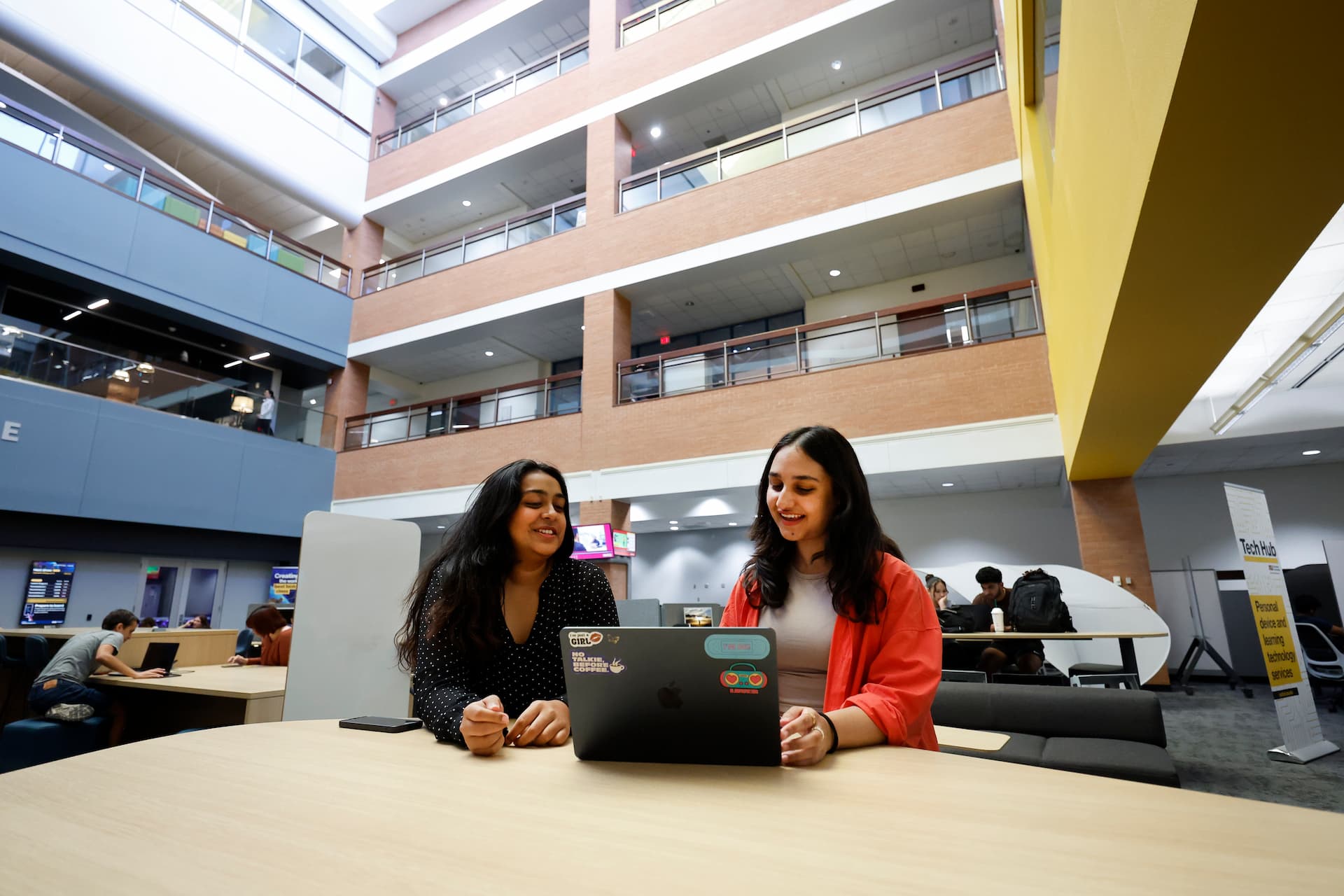
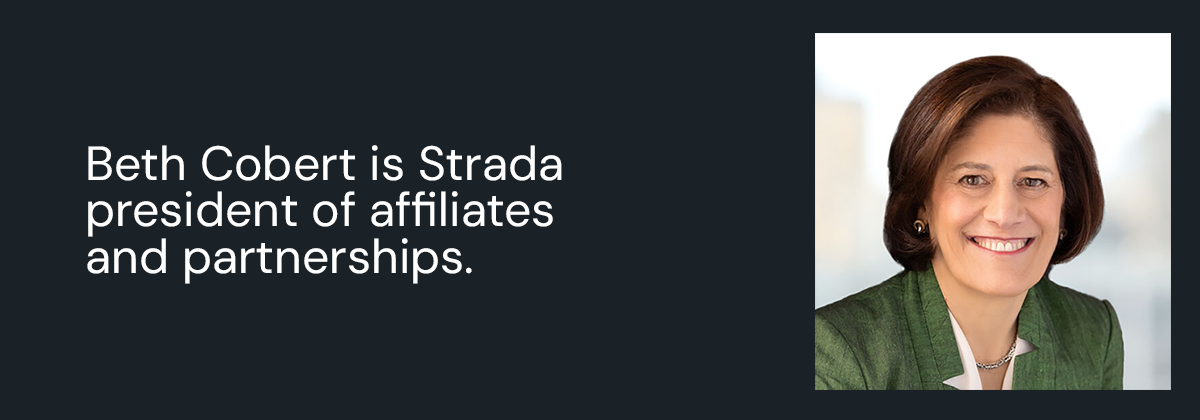
Beth Cobert has led a national foundation, served as acting director of the U.S. Office of Personnel Management, and worked as a senior partner at a leading global management consulting firm. She began her career on Wall Street for investment banking firm Goldman Sachs.
Yet Cobert, who today leverages those experiences as Strada president of affiliates and strategic partnerships, describes her career path as “a series of fortunate events, with much less planning behind them than it may appear.”
Driving the choices she made along the way, Cobert says, was a desire to learn new things and make a difference. Her duties shifted and grew so often over her 30-year career at McKinsey and Company — spanning financial services, marketing, global economic development, the nonprofit sector, and other areas — that she likes to say she worked there “for two years 15 times.”
Cobert joined Strada in October 2024 and leads development and stewardship of the organization’s portfolio of affiliates, as well as multiyear partnerships with mission-aligned nonprofit organizations. Strada’s strategy for owned affiliates is designed to focus on organizations uniquely positioned to advance the organization’s mission and deliver large-scale, sustainable impact nationwide in connecting education with economic opportunity.
The past year has brought notable changes for the portfolio of affiliates, with Education at Work transitioning to become part of American Student Assistance and CAEL, or the Council for Adult and Experiential Learning, preparing to return to independent operating status beginning in January. Earlier in 2024, Strada launched a new affiliate — CredLens, the first nonprofit national data trust for nondegree credentials, which works to link credential records to employment, wage, and education outcomes .
“What gets me excited is thinking about, as Strada continues to evolve and make the progress that we're trying to drive, what are the places where affiliates could help accelerate the team's collective impact?” Cobert said. “Similarly, are there places and organizations where a strategic partnership would be beneficial?”
Your job requires you to have a deep understanding of the nature of partnership. What do you feel are the essential elements needed for a partnership to be truly impactful?
There are several elements that are critical to making a partnership work. The first is alignment on a shared set of goals. By coming together, what is it that a group of organizations or entities actually wants to get done?
You also need alignment on the key actions — what it will take to accomplish those goals — and clarity on people’s roles. You need some clarity on decision-making processes because you need to know how you are going to work your way through the inevitable disagreements.
And the last piece is a willingness for everybody in the partnership to recognize that at some point along the journey, they’re going to have to compromise. You have to have a mindset that says: “Get to the long-term goal.”
What makes Strada’s work with affiliates and partners unique? Does it focus on specific kinds of activities?
One of the things that excited me about this work at Strada is the organization’s focus on the whole variety of levers it has to get things done, and the explicitness with which it uses those levers to accomplish our goals.
With affiliates and partners, the big question is: “What organizations can we help advance in a way that will build capacity and accelerate their impact? And if we think about Strada’s strategy of focusing on systemic change at scale, how can we best help an affiliate to drive that change?”
Your professional experience includes management consulting, government, and philanthropy. What have been some of the driving forces behind your career choices?
My career has been shaped by a series of fortunate events, with much less planning behind them than it may appear to an external party. But when I think about each decision that I made at a turning point, it was really driven by a couple of things.
One was around impact — was I going to make a difference in whatever form? A second was around learning; I love learning about new things. And third, it was driven by people. Each one of the choices I made was fundamentally tied to a relationship I had built and my desire to work with that person or a set of individuals in advancing impact about things I cared about in the world.
One of the things that drew me to Strada was the relationship I had with so many people from across the organization and the respect I had for them and the work they were doing.
In your view, how has philanthropy changed over the last decade? What do foundation leaders need to be thinking about now as they support positive change in an increasingly complicated world?
I think there is much more of a focus on how we are going to build change at scale — even when you're involved in initiatives like direct service, where you're really trying to make a difference for an individual. Philanthropy is increasingly looking to make the system better so it is not as difficult for individuals to reach their goals and there is more of a balance of direct service and systems change. We have to support the kind of systems change that also impacts individuals; otherwise, we haven't actually gotten where we want to be.
I also think there is a more realistic focus on how we knit together diverse coalitions of individuals and organizations so we hear from multiple perspectives and support change in all the places where it needs to happen.
Third, I think there is an increasing desire to use data to help inform decisions and to find new sources of data and new ways of interpreting that data. We are more data-driven, but hopefully in a smart and not formulaic way.
And I think the last is around partnerships. If we are going to meet the big and ambitious and broadly aligned goals we have around economic opportunity and education, we're going to have to find ways to work together. In a more polarized world, you're going to have to find allies that can help bring different people together.
Thinking back over your career, what is the single most memorable piece of advice you've ever received?
The most memorable piece of advice I received was in my early days as a consultant. When you're working on projects that can take months or initiatives that can take years, you need to keep your eye on the ball to make sure we're moving toward our long-term goal. But a wise mentor told me that even when you are focused on the long term, at the end of every week you should be able to answer the question: What did I do this week that added value?
While we're all waiting for the big complicated problem to get solved, there's probably some pretty simple things we could do to make life better every day. And I never want us to miss those opportunities.
.jpg)
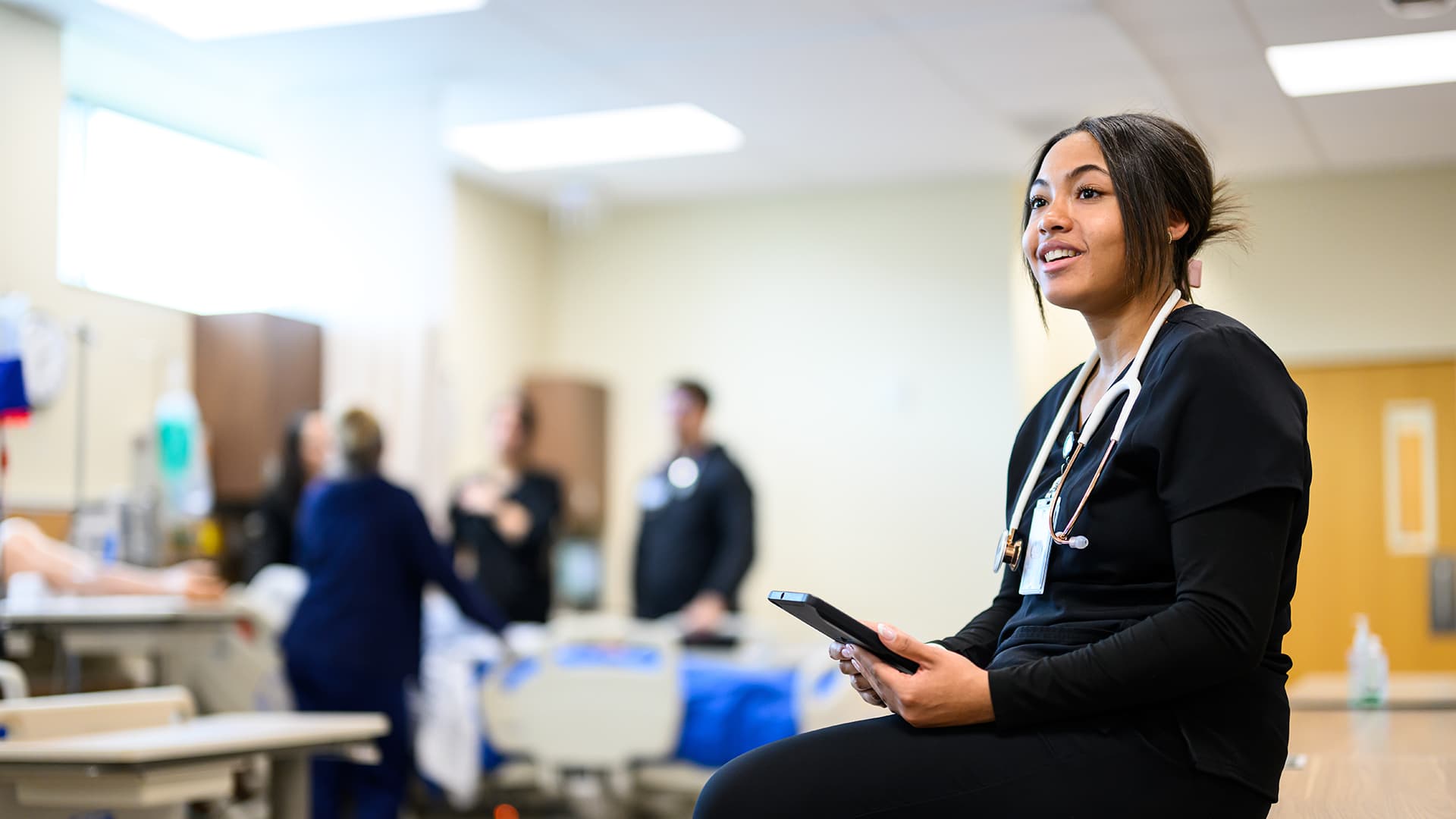
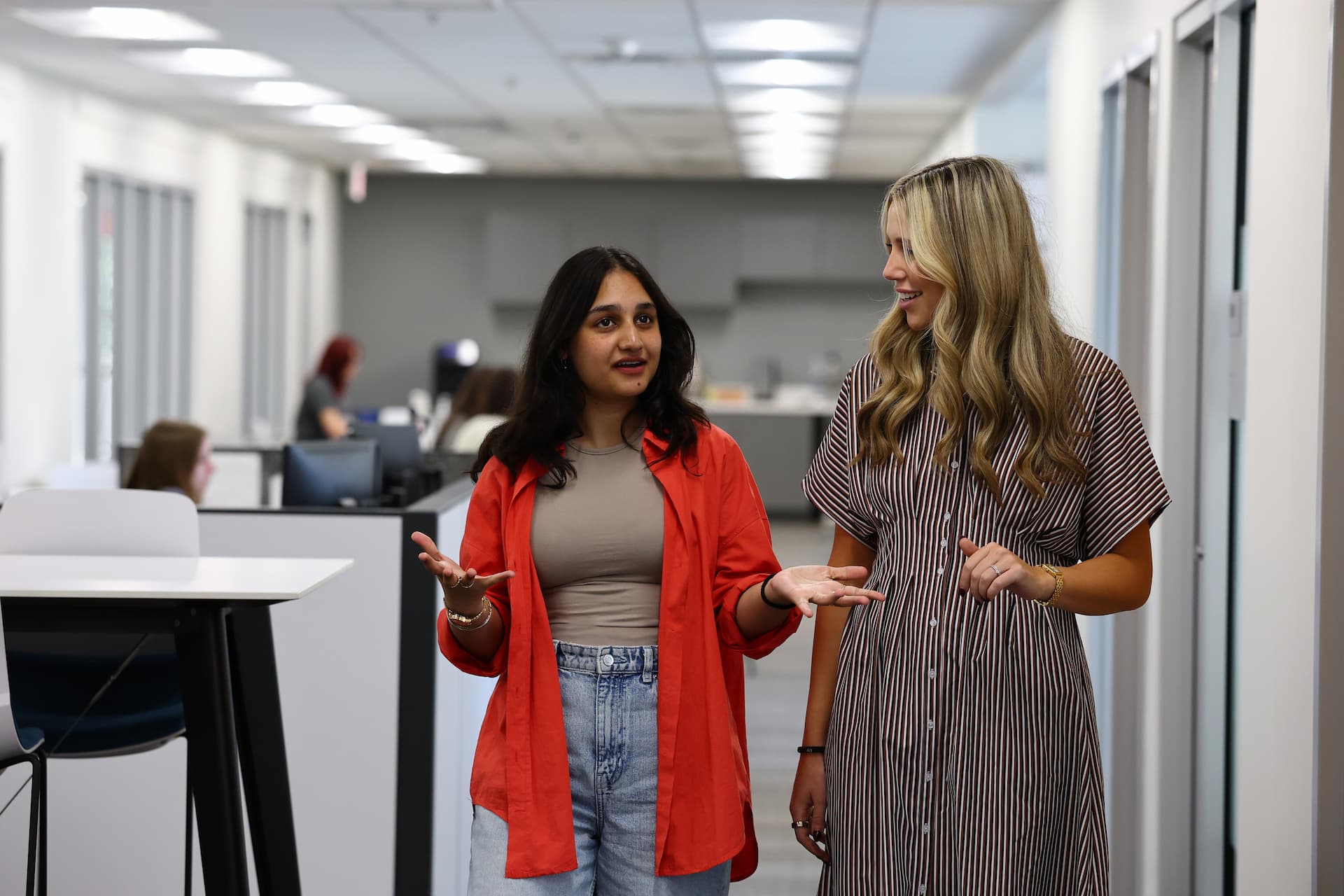
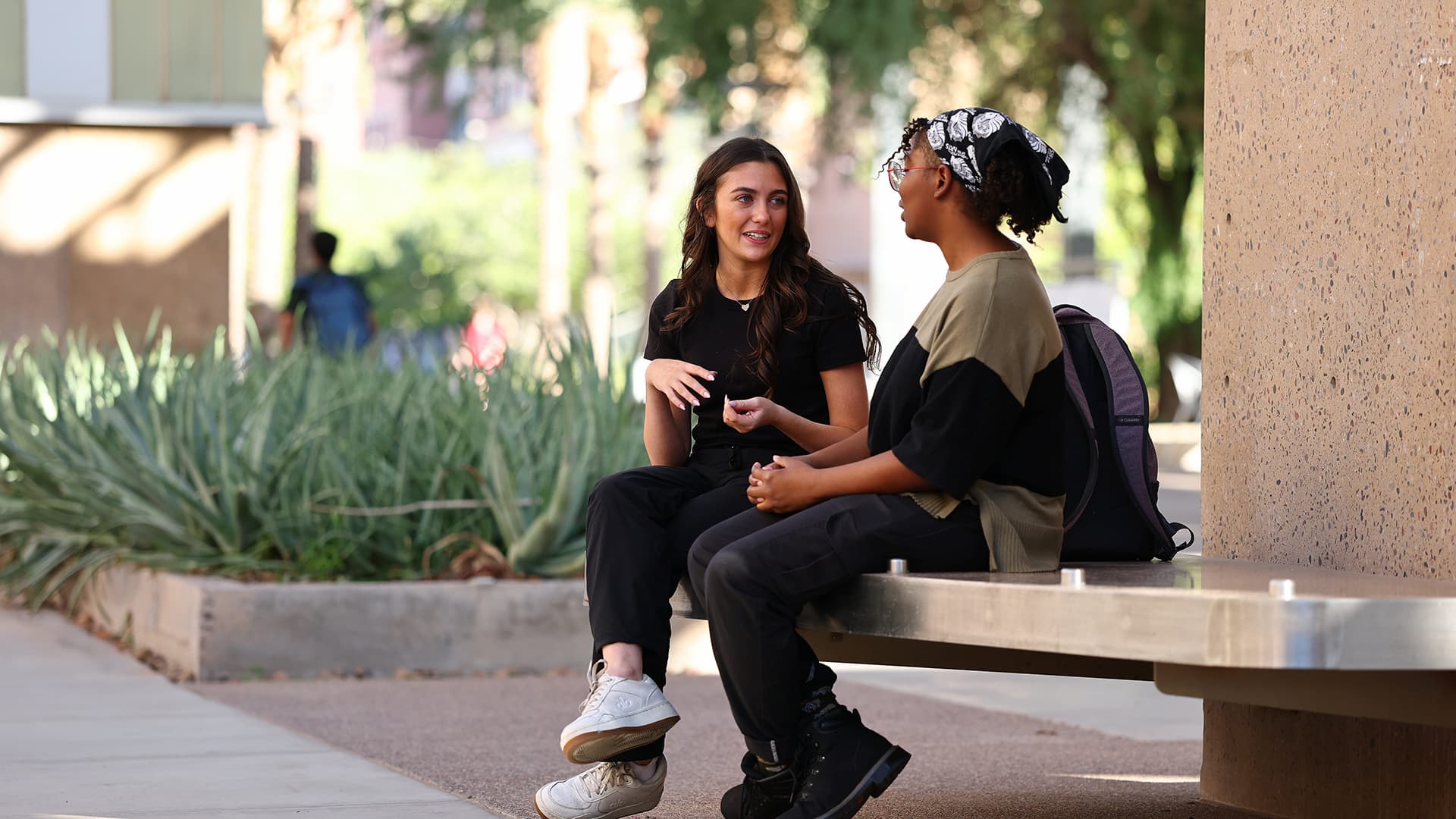
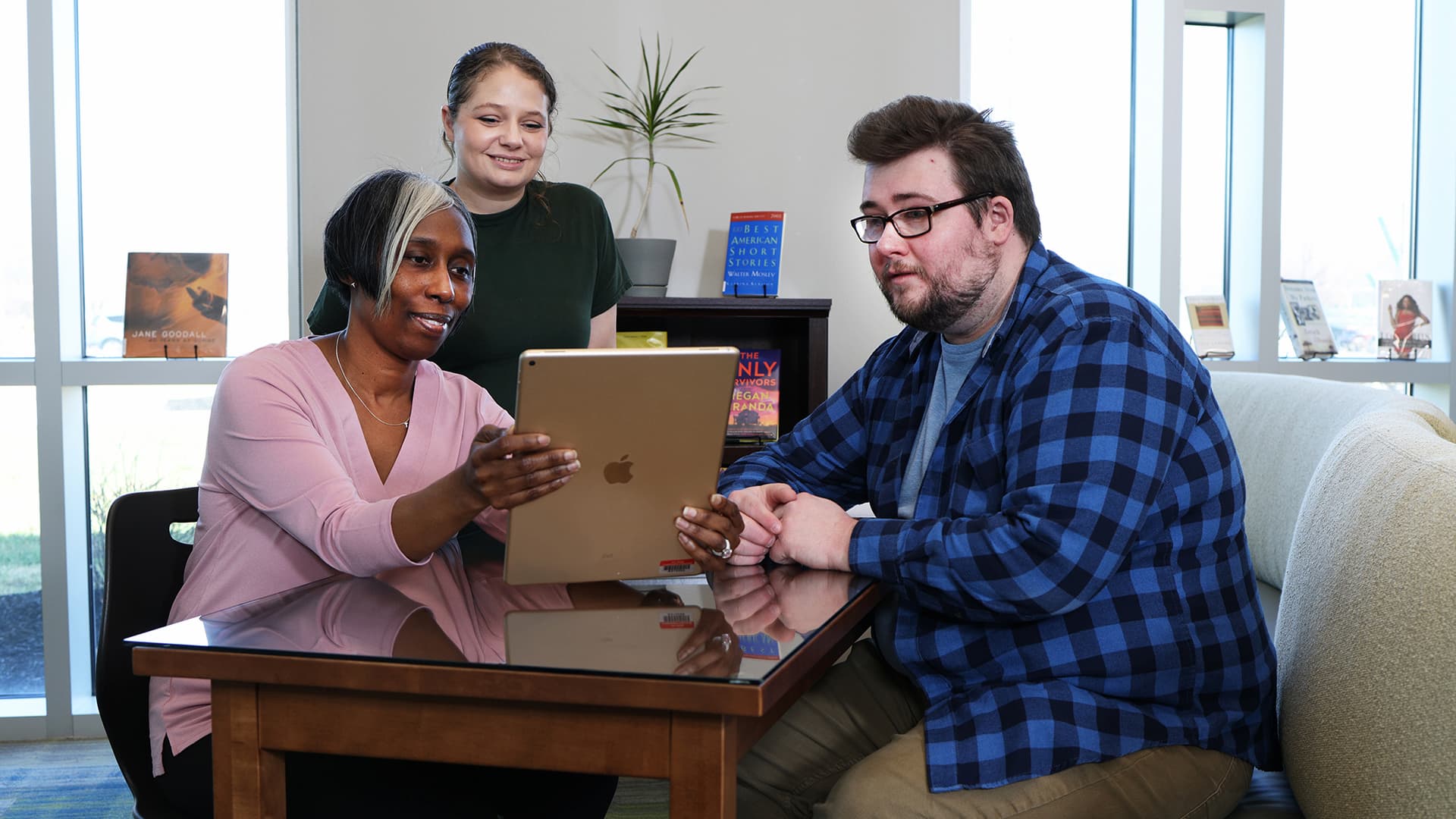

.jpg)

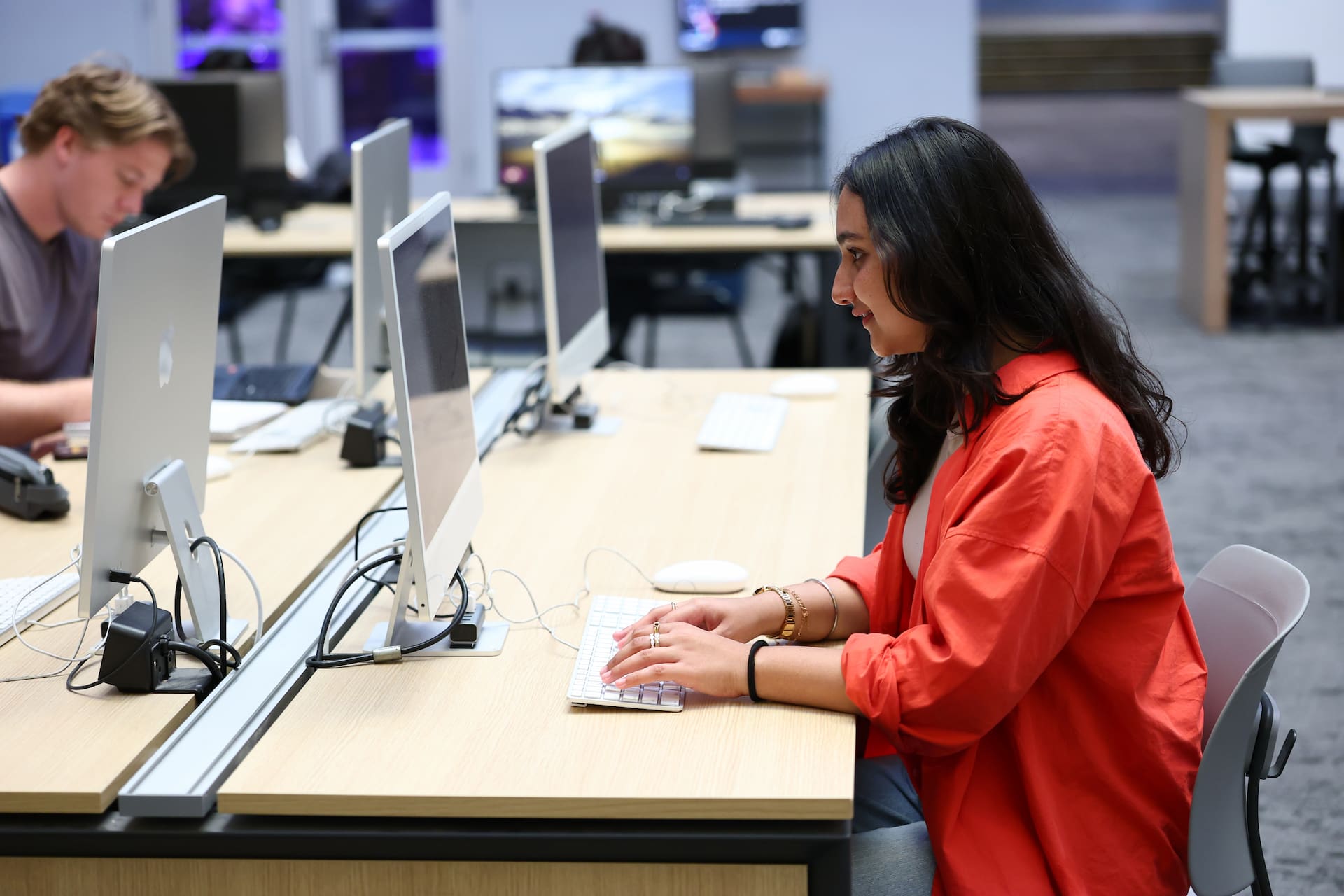

.jpg)

.jpg)
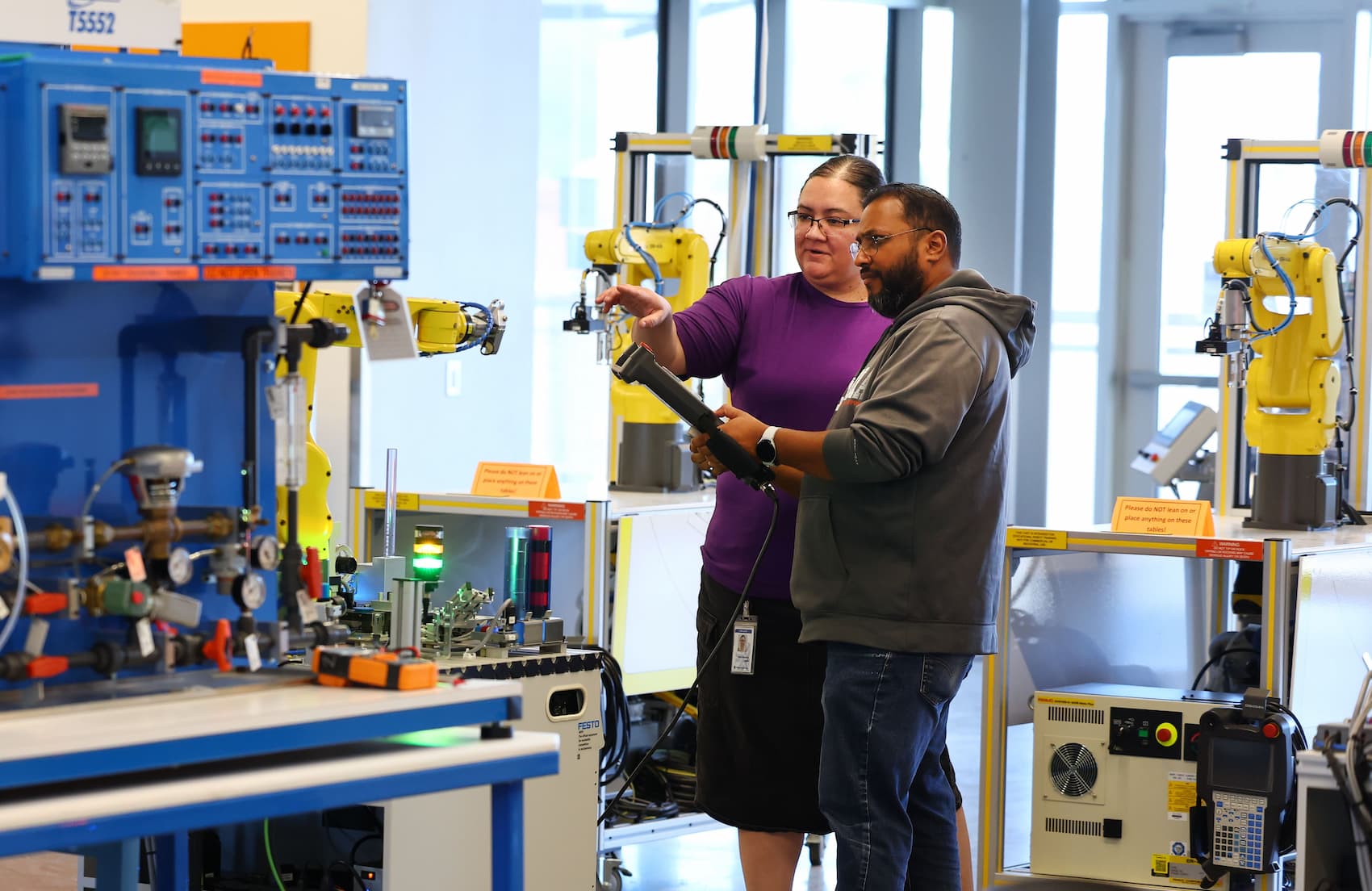
.jpg)
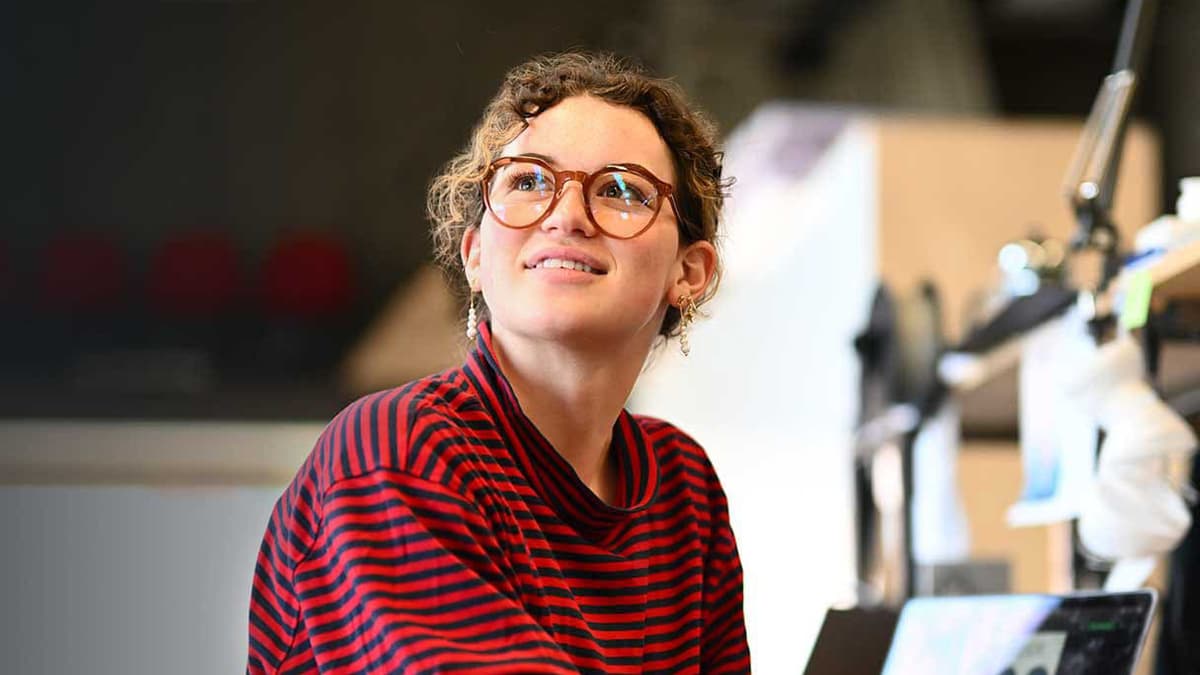
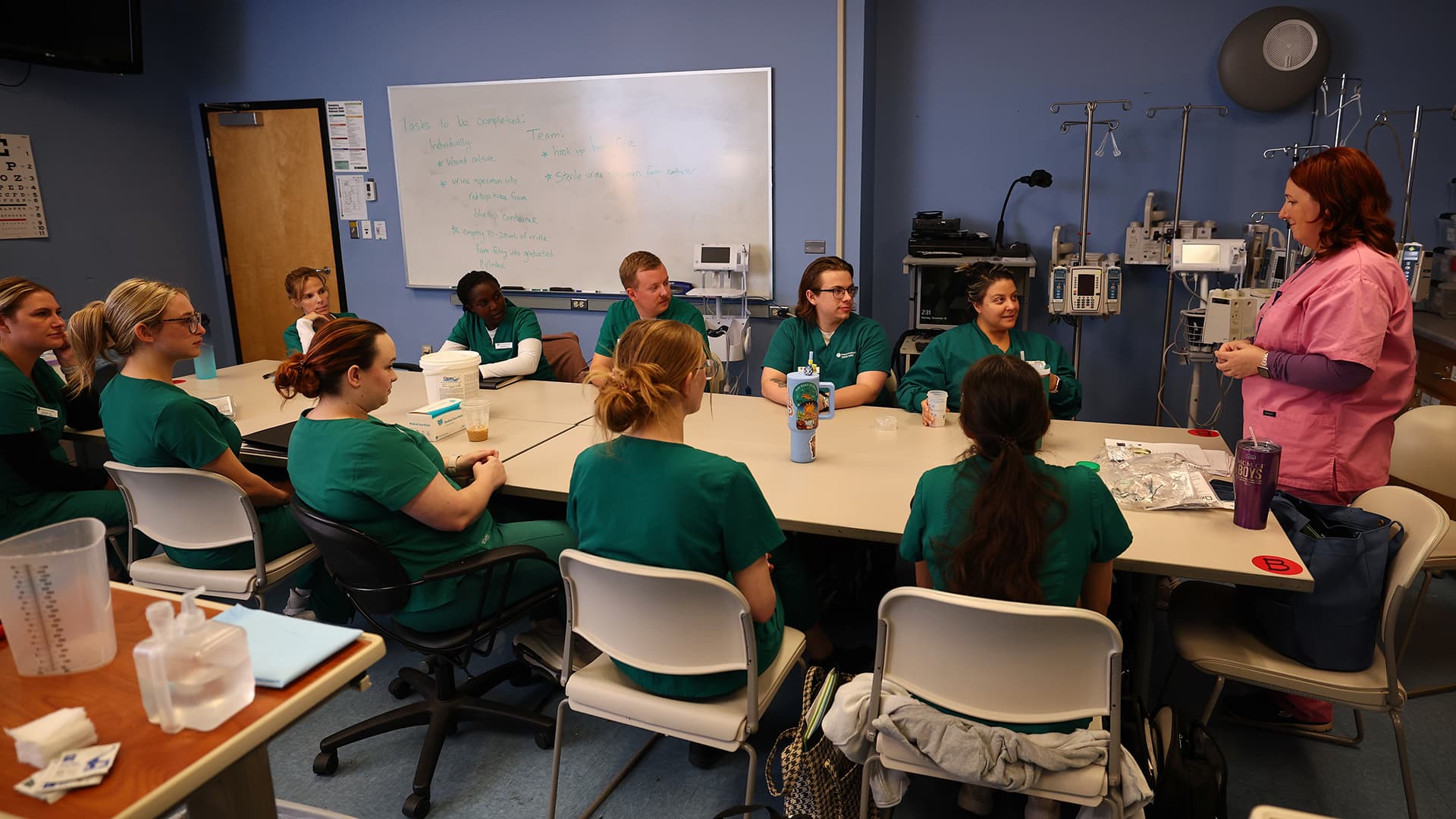













.avif)
.avif)


















.avif)






